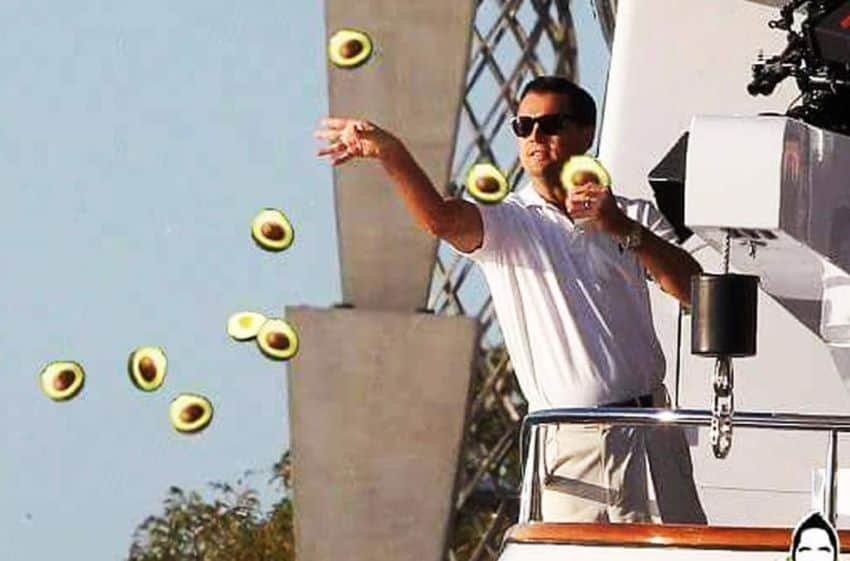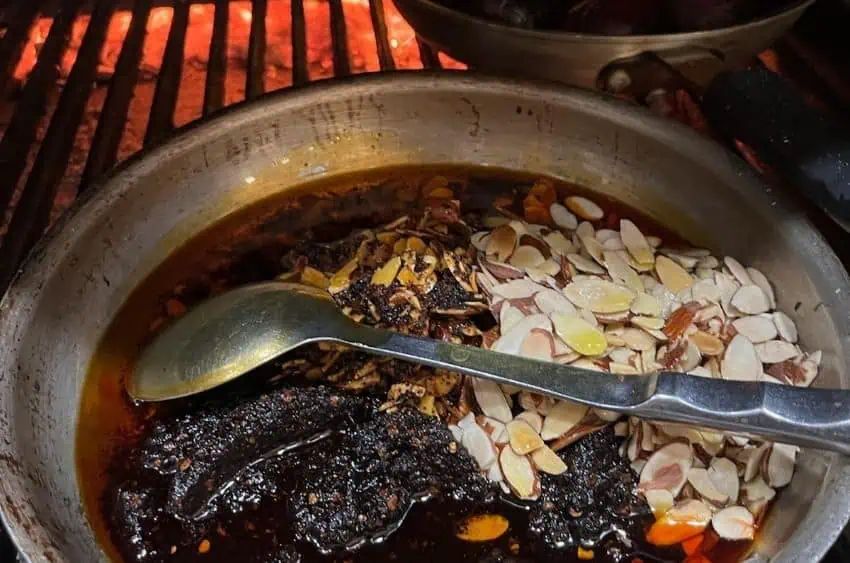“Pues ya, amiga, ¡ponte trucha!”
I’m sorry — what was that?
I’ve now been alive more time in Mexico than I have in my home country, but I still frequently come across phrases that I need someone to explain to me. I know that I’ll never learn them all — they seem infinite! But oh, there are some good ones, even so. Let’s learn some!
These are just a few that I hear on a somewhat regular basis, which surely has mostly to do with my own inner circle and the region where I live. I’ll add a translation, an explanation, and an example. If there’s an English equivalent, I’ll include it as well. If you’ve got some more fun ones, toss them in the comments for us!
¡Ponte trucha!

Translation, sort of: Make like a trout! English equivalent: Look alive!
A “trucha,” of course, is a trout. And trouts, at least around here, are known for their swiftness and agility. They’ve got to be paying attention and be ready lest they miss a current or get snagged in a net or on a hook!
I won’t lie, this advice annoys me, because what do you think I’m doing with my day anyway? But as my partner says…
Lo que te choca te checa

Translation: What bothers you… This is a hard one to explain. “What shocks you checks you?” I guess is the direct translation, and I’m not sure if we have a cutesy equivalent phrase in English for it. Basically, it means that if something really annoys you, it’s because it’s an example of something about yourself you really don’t like. “We’re all hypocrites,” I suppose.
Case in point: I love to get mad at other drivers. If I have an audience in the car, I might narrate all the bad things they’re doing — a super lovable quality, I know. When I break a road rule, though, I obviously believe it’s justified. Dang it!
Tengo mal del puerco

Translation: Pig illness. I can’t think of an equivalent English phrase, but we should!
“Mal de puerco” is that almost comatose feeling that you get after eating a meal. I confess that I know this feeling well, though I’m trying to get better! But it happens to everyone once in a while, doesn’t it? Best thing you can do, I guess, is roll around in some nice, cool mud for a bit as you wait for your body’s entire energy store to stop digesting.
¡Échale aguacate!

Translation: Put some avocado on it! This is a kind of updated version of “tirar la casa por la ventana” (throw the house out the window). English equivalent: Spare no expense!
If you’re on an extravagant spending spree and want every single detail exactly how you want it, no matter the expense, then this is the phrase for you. This one is a bit more recent and actually harks back to a meme just a few years back. The meme is a shot from the movie The Wolf of Wall Street, and it shows Leonardo DiCaprio gleefully tossing money off a yacht. In some memes, they make them avocados!
Avocados were expensive, and we were all online during the pandemic. The perfect storm!
Dar el avión

Translation: To give the plane. Adorable, right? Basically, this means nodding and smiling while someone’s talking. If you’re “dándo el avión,” then you’re not really listening; rather, you’re biding your time before you can leave the conversation. It could also mean you simply say anything to get out of a conversation!
The times I most do this is when I unwittingly open the door to my assigned Jehovah’s Witnesses. I don’t wish them ill, but I usually kick myself when I do — I’ve got work to do! But they’re human, they have good intentions, so unless I’m working on something urgent, I’ll just let them talk and nod along. I accept their pamphlets, and they’re on their way!
¡A darle, que es mole de olla!

Translation: Get to it, it’s mole! Let’s take this in parts: “A darle” means “get to it,” and it’s something you’ll likely hear often on its own. “Que es mole de olla” — mole is one of Mexico’s most prized and complex dishes. You basically have to do it well, but not only that: Mexicans take pride in doing it well.
So this is saying, “Let’s get to it, this is important!” which is also a phrase that kind of annoys me along with “ponte trucha.”
“Lo que me choca me checa,” right?
Más sabe el diablo por viejo que por diablo

Translation: The devil knows more because he’s old than because he’s the devil. This is one of my favorites, which is why I saved it for last.
In the end, there’s no substitute for experience.
Ain’t that the truth?
Sarah DeVries is a writer and translator based in Xalapa, Veracruz. She can be reached through her website, sarahedevries.substack.com.
